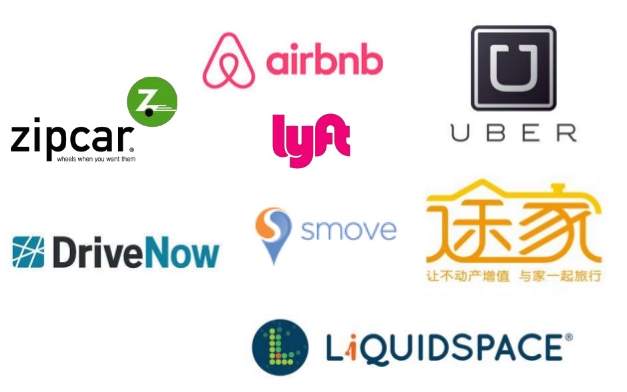Freelancers and contract workers have been around pretty much forever, but the collaborative workspace is suddenly finding itself front and center. Whether you call it the sharing economy, the peer economy, the gig economy, or just “This is how I do my job,” everybody seems to be talking about new directions in this workspace.
Accountants who advise clients who are making their livings with Uber, Airbnb, eCommerce shops, meal delivery services, or any of the countless combinations of do-it-yourself job creation are likely encountering new questions and creative tax dilemmas.
We talked with Kathy Gregory, program manager for the strategic advisor channel at LivePlan/Palo Alto Software, about some of the questions and some related advice that she’s seeing in this arena.
- Many members of this group are responsible for their own health care costs. If they are itemizing, they should be reminded to track not just the cost of health insurance, but any out-of-pocket expenses including prescription drugs, and also mileage to and from health facilities, doctor offices, physical therapy, and so on. The mileage rate is 19 cents per mile (for 2016 tax returns).
- The cost of finding work translates into a deductible expense, particularly for Schedule C freelancers. Fees paid to a service that provides the freelancer with customers qualify as business expenses.
- People new to the sharing economy might find themselves earning less than they did if they were previously employed full time. They should be advised that the Earned Income Tax Credit might help them if their net earnings from self employment is below the income threshold –which ranges from $14,880 to $53,505 depending on marital status and number of children.
- Gregory advises that independent contractors make sure they maximize all business expenses. The Schedule C form and accompanying instructions explain many of the deductions available, but it’s likely a tax advisor can provide a more complete analysis of what expenses apply to the independent work.
- And speaking of tax advisors, clients and potential clients should be reminded that the advisor can provide significantly more beneficial service than just the preparation of a tax return. A tax advisor who understands the complete financial picture of the client can offer advice on how to grow the business beyond a gig.
Thanks for reading CPA Practice Advisor!
Subscribe Already registered? Log In
Need more information? Read the FAQs
Tags: Taxes




